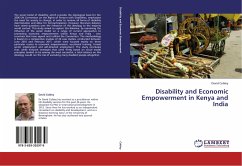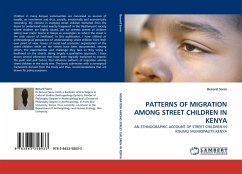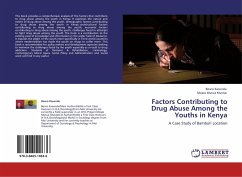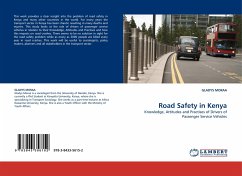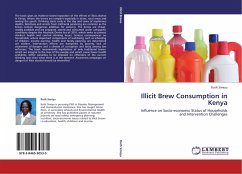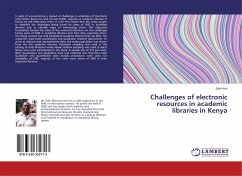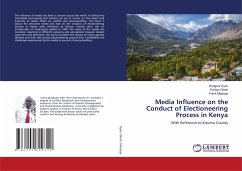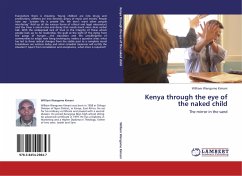The social model of disability, which provides the ideological basis for the 2006 UN Convention on the Rights of Persons with Disabilities, emphasizes the need for society to change, in order to remove all forms of disability discrimination and allow for full participation. However, literature debates have raised questions over the relevance of this ideology to the majority world context. This study aimed to explore this dilemma, by examining the influence of the social model on a range of current approaches to promoting economic empowerment within Kenya and India - two countries that have signed and ratified the Convention. The methodology is based on a comparative analysis of 26 case studies, conducted between June 2010 and February 2011, which were focused mainly on three particular routes to economic empowerment: vocational training, formal sector employment and self-directed employment. The study concludes that, while inclusive strategies that were firmly based on social model principles tended to be among the most successful, a total reliance on this ideology would run the risk of excluding many disabled people altogether.

